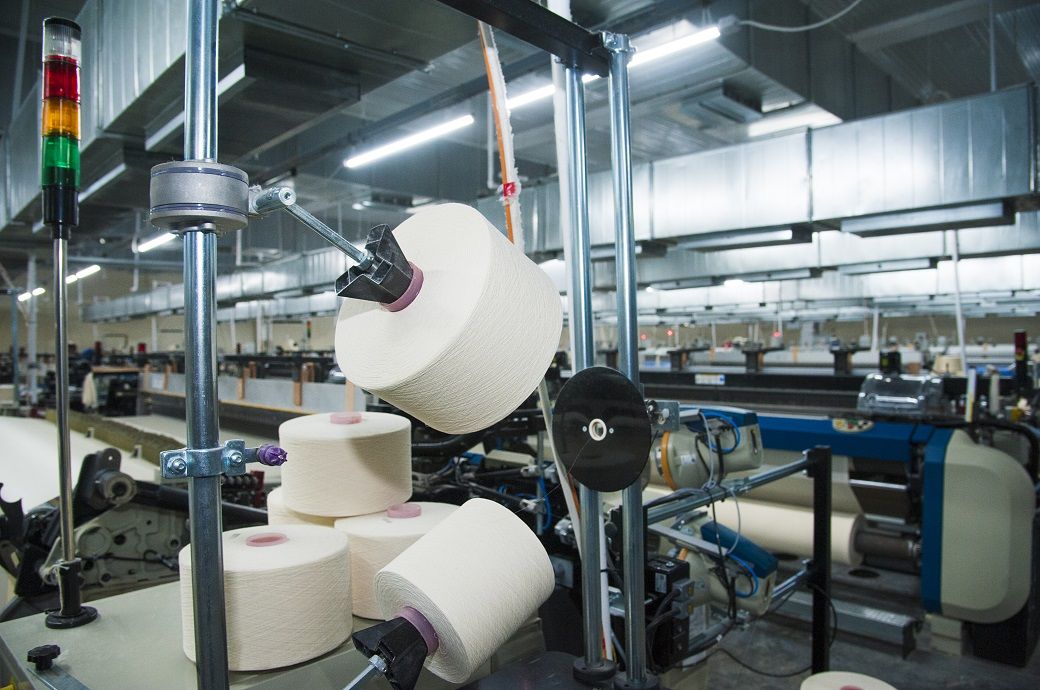
Both organised a dialogue on ‘Revamping Ghana’s textile and garment sector—the challenges, pitfalls and opportunities’.
Discussions centred on how cheap imports, uneven customs enforcement and fragmented incentives have eroded competitiveness. The dialogue outlined a suite of reforms to restore momentum, a DBG release said.
Through strategic financing, policy collaboration and sector-wide partnerships, both organisations said they are committed to reversing this trend and restoring the industry as a cornerstone of economic revival.
Workforce in Ghana’s textiles and garment industry decreased from over 25,000 direct jobs in the late 1970s to just 6,000 by 2020, mainly due to liberalisation and unchecked imports.
“This dialogue on the textiles and garment industry is part of our wider mission to catalyse sustainable industrial growth across the country,” DBG’s chief executive officer Randolph Nsor-Ambala said.
AGI president Humphrey Kwesi Ayim Darke urged the government to deliver a stable, export-oriented incentive regime. He said manufacturers will invest once clear regulations are in place.
A sector-wide feasibility study is being commissioned by DBG to address the chronic lack of industry intelligence—mapping the entire value chain from raw material cultivation to fabric processing and garment production.
DBG is also working with its participating financial institutions to identify five investor-ready, bankable project pipelines that can be supported.
To complement these efforts, the bank is conducting a comprehensive capacity needs assessment to inform the design of technical assistance programmes for both industry players and financial institutions.
These interventions will anchor DBG’s forthcoming sector action plan, combining data, finance and capacity-building to drive measurable industrial transformation, the release added.
ALCHEMPro News Desk (DS)
Receive daily prices and market insights straight to your inbox. Subscribe to AlchemPro Weekly!